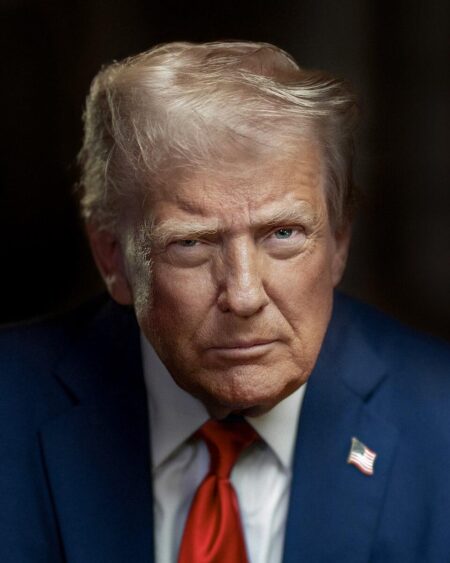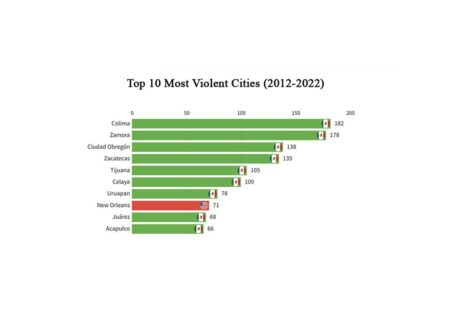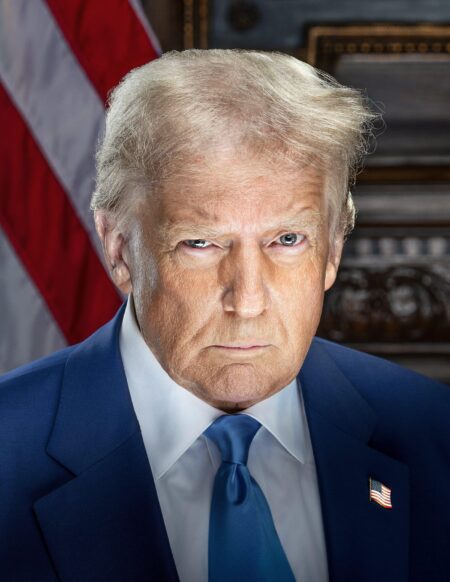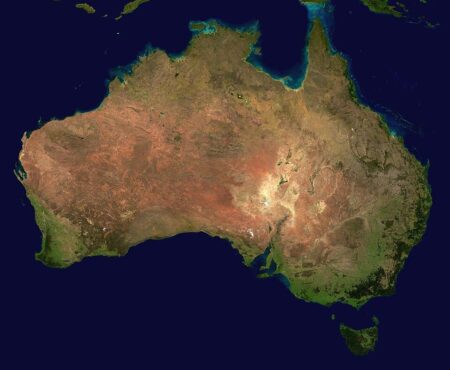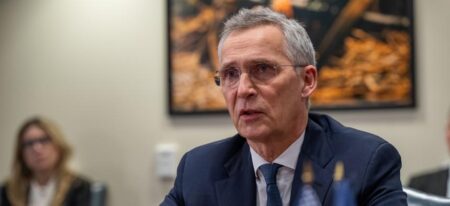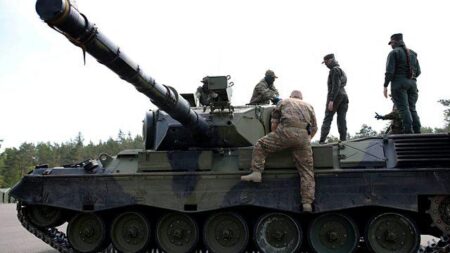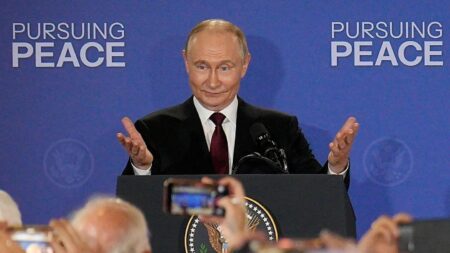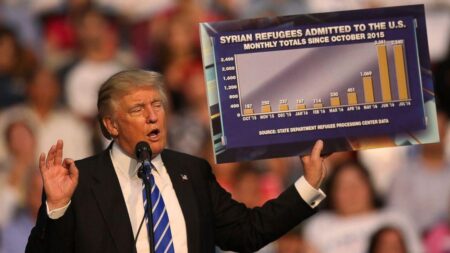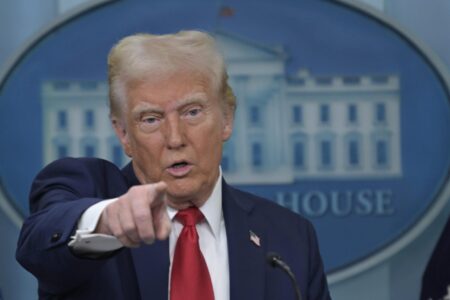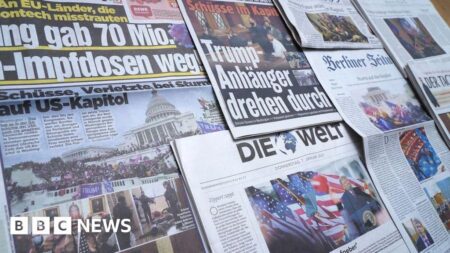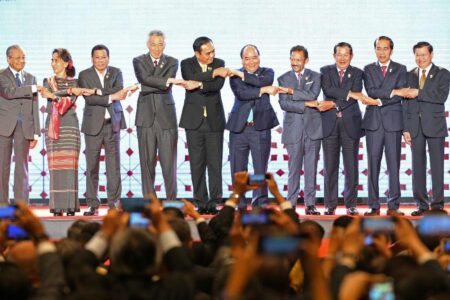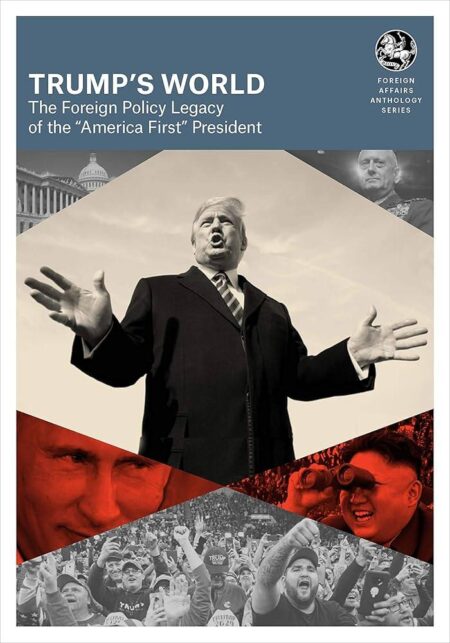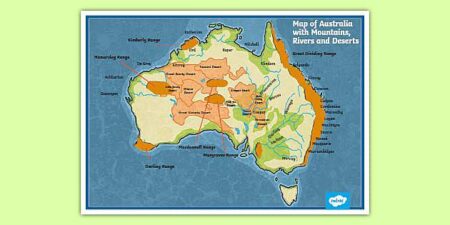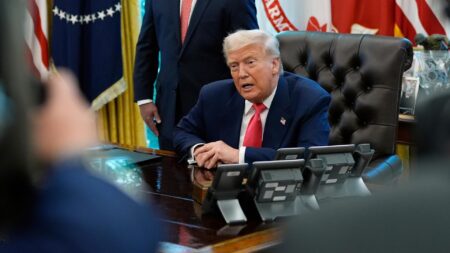Former President Donald Trump is turning his attention away from Ukraine and setting his sights on challenging China’s growing global influence, Fox Business reports-marking a bold new chapter in U.S. foreign policy priorities
Browsing: international relations
Canada’s trade strategy is under fire for depending too much on diplomatic goodwill, raising concerns about the economy’s vulnerability. Experts warn that banking solely on friendly ties to clinch deals might endanger national interests and unsettle market stability
Mexico and Brazil have pushed back against former President Trump’s claims of rampant violence in their cities, showcasing remarkable strides in security and impressive declines in crime rates, all backed by official reports and the most recent data
A far-right Israeli politician has been barred from entering Australia just before a planned speaking tour, as officials raise serious alarms over public order and community safety. This decision has sparked a fiery political debate sweeping the nation
The US has raised alarm over the UK’s human rights record, spotlighting a deteriorating situation linked to the government’s online safety regulations-measures that critics fear could threaten free expression and privacy
Former President Donald Trump left the Alaska summit with Vladimir Putin empty-handed, failing to secure a deal to end the Ukraine war, AP News reports. The talks wrapped up without any breakthrough in resolving the conflict
France is preparing to loan the iconic Bayeux Tapestry to the UK for the very first time in 900 years, marking a historic and thrilling cultural exchange. This breathtaking 11th-century embroidered masterpiece dramatically brings the story of the Norman Conquest to life and is rarely ever seen outside of France
Australia is set to make a historic move this September by officially recognising the State of Palestine, marking a significant shift in its Middle East policy, reports the BBC. This bold decision reflects growing momentum and widespread support for Palestinian statehood
Photo gallery: On 09 June 2025, NATO Secretary General kicks off an impactful visit to the United Kingdom. Dive into unforgettable moments from high-stakes meetings with UK leaders and inspiring talks aimed at strengthening transatlantic security. Explore these exclusive snapshots now!
Germany has taken a bold leap forward, pledging to significantly increase military aid for Ukraine and positioning itself as a leading force in a sweeping European rearmament effort. This decisive move signals a major shift in regional defense strategies amid the ongoing conflict
Russian President Vladimir Putin views the conflict with Ukraine as a striking response to Russia’s waning global influence, framing the war as a daring mission to reclaim the nation’s lost glory and power, The New York Times reports
Israeli media reveals that Iran and China are rapidly deepening their military alliance and ramping up missile production, fueling growing concerns over regional security amid escalating geopolitical tensions, reports the New York Post
A group of migrants, labeled “Trump’s refugees” by the media, have chosen Spain as their new home, boldly declaring they have no plans to return to the United States. Their story highlights the ongoing struggles and complexities of U.S. immigration policies and migration routes
India’s “Elbows Up” movement surges forward with bold defiance against Trump’s tariff threats, celebrating strength and solidarity. Inspired by the fierce spirit of hockey-minus the game itself-it stands as a powerful symbol of resilience amid rising trade tensions
Germany’s CDU leader Friedrich Merz has passionately backed the idea of a meeting between Vladimir Putin and Volodymyr Zelenskyy, highlighting that open dialogue might be the crucial step toward ending the ongoing conflict in Ukraine
Exclusive: Top Southeast Asian leaders are preparing to take center stage at a spectacular military parade in China, insiders reveal. This prestigious event showcases the deepening ties across the region amid shifting geopolitical dynamics, South China Morning Post reports
Opinion | Trump’s biggest foreign policy misstep was alienating key allies, shattering the trusted partnerships that have long been the backbone of global stability. This seismic shift reshaped U.S. influence and left an indelible impact on the world stage
The US is shaking up its human rights strategy, boldly calling out Brazil’s recent policies while praising El Salvador’s daring government reforms. This unexpected move signals a dynamic and strategic shift in American foreign policy
Australia’s recent move to recognize a Palestinian state signals a bold shift in its Middle East policy, with experts predicting it could dramatically transform alliances and diplomatic ties across the region
Trump and Putin concluded their talks on Ukraine, highlighting significant strides made while narrowly missing a breakthrough. Both leaders emphasized the crucial role of ongoing dialogue amid the persistent challenges in reaching a final agreement

